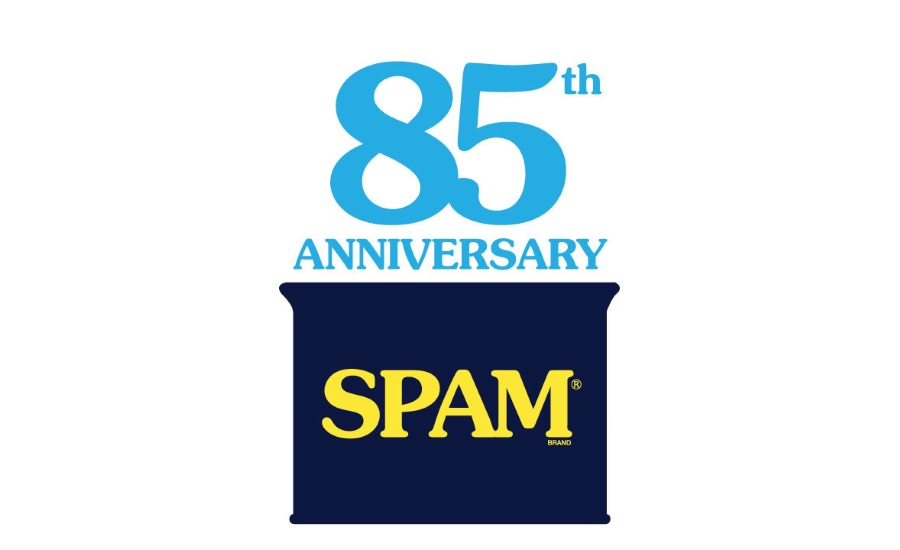SPAM brand celebrates 85th birthday
World's "favorite little blue can" continues to inspire, celebrate, and connect consumers around the world.

The SPAM brand has sizzled in millions of kitchens since it was first introduced on July 5, 1937. From the late 1930s to today, the brand has evolved from a wartime delicacy to a trending ingredient on TikTok, a 16,000 square foot museum, a celebrity chef staple, an annual Hawaiian street festival and so much more. The iconic brand is now reflecting on 85 years of recipes, 85 years of memories, and 85 years of cultural celebration—all while looking ahead to what is next.
Jay Hormel and Hormel Foods Corporation introduced the SPAM Brand to the forefront in 1937 with six simple ingredients—pork with ham, salt, water, potato starch, sugar, sodium nitrite. The goal was to create a convenient and affordable protein with an extended shelf life. The SPAM brand got its name from Ken Daigneau, the brother of a Hormel Foods vice president, after he won a contest and $100 for naming the product.
During World War II, more than 100 million pounds of SPAM luncheon meat was shipped abroad to feed allied troops. The product also reached England and the countries of the Asian Pacific, where rationing and American GIs made the canned meat a necessity but was then adopted as a star ingredient in several popular dishes. Hence, an international love affair was born.
The brand's influence today
In the year 2022, the SPAM brand is showing no signs of slowing down. From tacos to Korean barbeque to the famous SPAM Musubi, 12.8 cans of SPAM products are consumed every second. The brand has also hit several other milestones including:
- Over 9 billion units sold across 48 countries
- 11 different varieties featured in hundreds of delicious and creative recipes
- 7 years of consecutive record sales
- Almost 500,000 visitors to the SPAM Museum, which can be visited in person or virtually
And you can find the SPAM Brand beyond your local grocer. In fact, SPAM products and recipes are on the menus of over 700 American restaurants, available at 7-Elevens and McDonald's in Hawaii and in the pantries of celebrity chefs like Dale Talde, Jordan Andino, Jamie Chung, Roy Choi, and more.
"From recipes passed down from generation to generation to family get-togethers, people's connection to the SPAM brand is deeply rooted in longevity, versatility, convenience and cultural heritage," said Steven Venenga, vice president of marketing for the SPAM brand. "While we celebrate all that the SPAM brand has accomplished, the most important achievement is the inspiration and joy this little blue can has given its fans in the kitchen and beyond."
As for what is upcoming, the brand is eager to share several announcements later this year, including a new limited-time SPAM variety that is sure to excite around the holiday season.
Source: SPAM
Looking for a reprint of this article?
From high-res PDFs to custom plaques, order your copy today!





